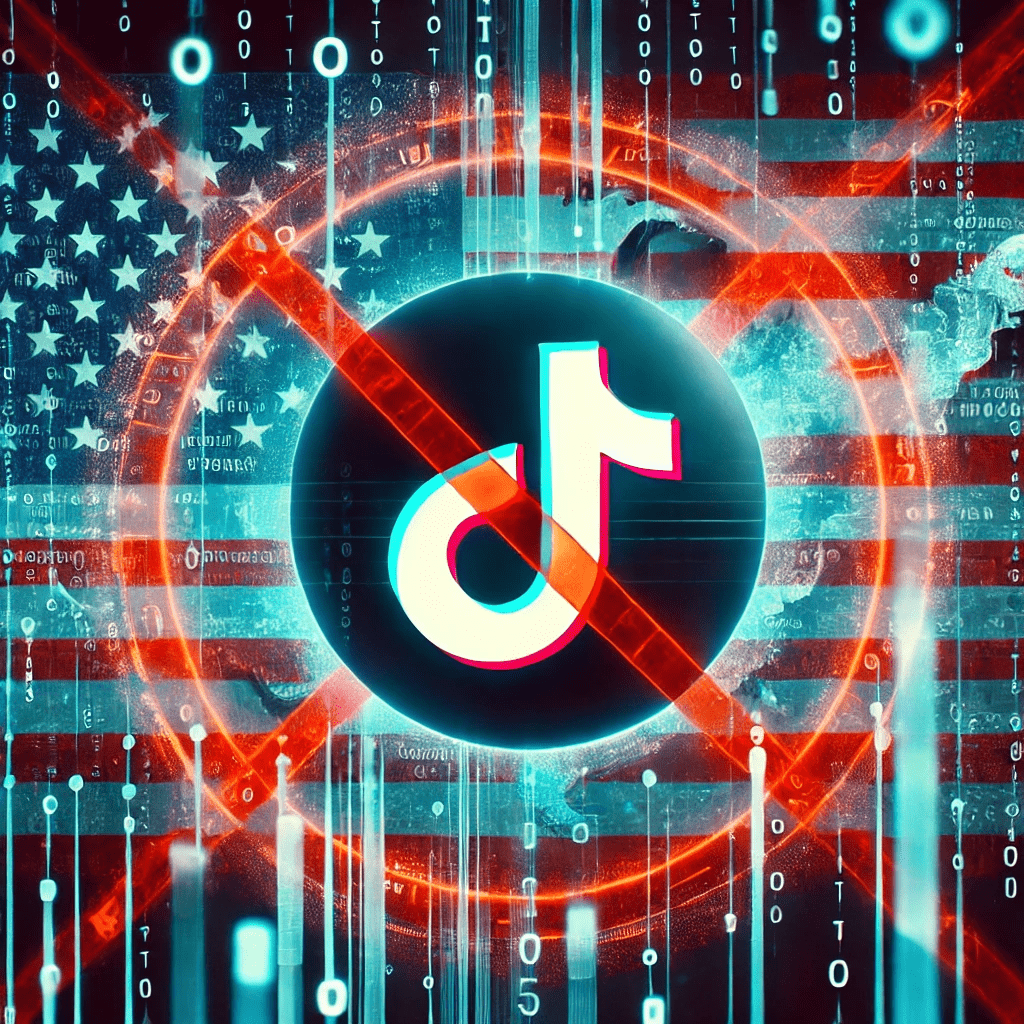
Choosing to not Enforce TikTok Ban is Problematic
My son came to me with a very simple question on its face: “Should the government be responsible for limiting what people can watch?” His thoughts were about the TikTok ban that was set to go into effect on January 19th.
Now, I think it’s important to let you know that no one in my family has TikTok on any of our devices. My children do not have social media accounts by design, and once I learned about the dangers TikTok presents, I committed to never having it on my devices either.
You might find a lot of joy watching silly videos on TikTok, or maybe you make a living as a social media influencer on the platform. If so, you might see the idea of banning TikTok as a grave injustice. Or perhaps you’re a liberty-loving American who defaults to the position that the government should mind its own business. Whatever your reasoning, I’m not here to tell you that you’re wrong. But like my son’s question, those opposed to the ban might not have fully considered how we got here.
My son was asking the wrong question. When I answered him, I told him that under no circumstances should the government be limiting what you watch. However, that’s not what the TikTok ban is about. It’s far more complex than censorship; it’s about national security and preventing America’s largest foreign adversary from gaining access to unlimited data on U.S. citizens.
In 2022, cybersecurity expert Felix Krause published a report detailing how TikTok logs every keystroke of its users. TikTok admitted they had the technology but claimed they never used it. Since no one outside ByteDance, TikTok’s parent company, can verify that, we’re forced to take their word for it. According to Krause, this technology could be used to capture passwords, credit card information, and other sensitive data.
But there’s more to consider. In 2017, China enacted a National Intelligence Law requiring Chinese citizens, companies, and even foreign entities operating in China to cooperate with Beijing’s intelligence-gathering activities upon request. This means if the Communist Party asks ByteDance for American data or to activate TikTok’s keystroke-logging functionality, they are legally obligated to comply—without notifying users.
Now, maybe you’re fine with a foreign government knowing about your late-night cat video binge. But if Beijing gains access to TikTok’s user data, the real concern lies in how that information could be exploited. It could help China identify vulnerabilities, habits, or weaknesses in potential spy recruits or blackmail targets. By cross-referencing this data with other databases, they could construct detailed profiles of foreign visitors or even Americans who might later hold sensitive government or industry positions. This isn’t just about today; it’s a long-term strategy to target our kids as they grow into adults.
For TikTok’s part, they claim this has never happened. But do you trust that? I don’t.
Now, I hear the argument: “But what about Alexa, Siri, Facebook, and Instagram? They collect data too!” While that’s true, TikTok stands out. Most platforms allow users to rely on default browsers, whereas TikTok blocks this option. More importantly, none of those companies are beholden to the Chinese Communist Party. And in the U.S., government agencies better be getting a warrant to access your data.
This bipartisan concern led to a unanimous 50-0 vote in the House Energy and Commerce Committee to force TikTok to divest itself from Chinese ownership. Yes, you read that right: FIFTY TO ZERO, uniting progressive Democrats and MAGA-Hat wearing Republicans alike. That’s a rare level of agreement in today’s polarized political climate.
I understand the constitutional concerns some have about this law feeling like censorship. Many people worry about the content being pushed to kids and might support censorship for that reason. But that’s not my stance. If you want to watch people try to eat corn on the cob with a power drill, go for it. I’ll stick to playing Rocket League.
My real issue with this debate is what’s happening now. A law was passed by Congress, signed by the President, and upheld 9-0 by the Supreme Court. The January 19th deadline for divestiture has come and gone, yet TikTok remains operational because of delays by two Presidents.
Presidents are not kings.
The law allows the President to delay enforcing the divestiture deadline by up to 90 days if there’s clear progress toward a legitimate divestiture, a viable plan in place, and legally binding agreements. TikTok has had nine months to make this happen, yet nothing has materialized. Now, President Trump is using the law’s 90-day clause to justify further delays.
This isn’t about censorship. It’s about upholding the balance of power. When the executive branch disregards the legislative and judicial branches, it undermines the foundations of our system of checks and balances. That’s the real problem here.
